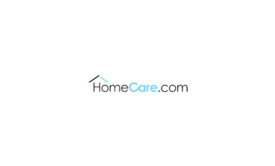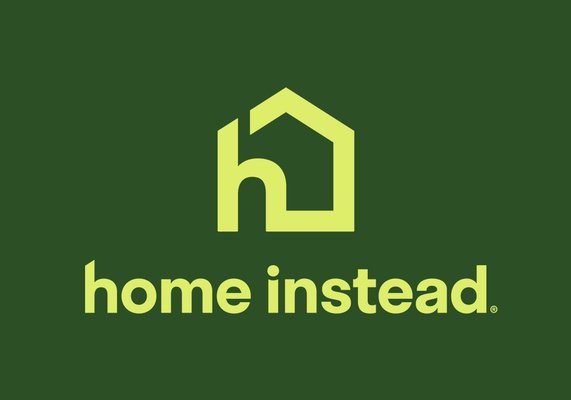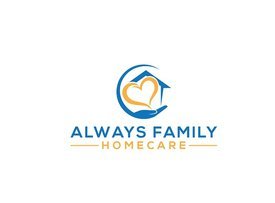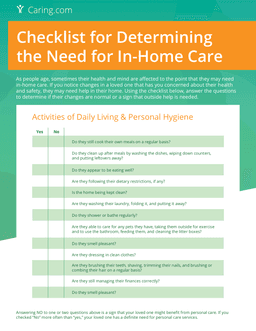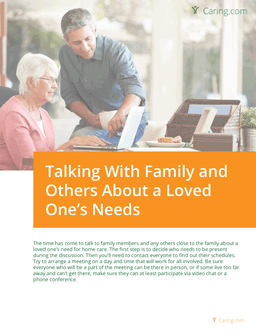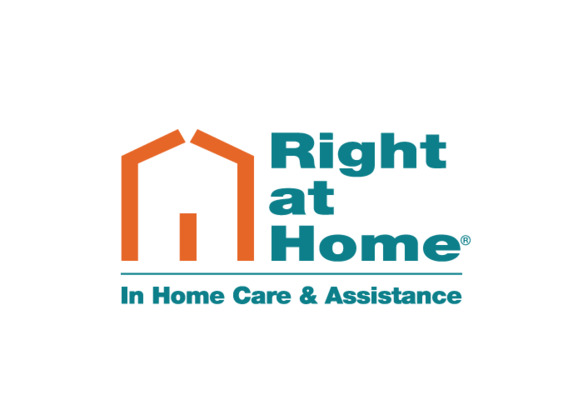
8280 Willow Oaks Corporate Dr, Suite 520, Fairfax, VA, 22031
4.4
(185 reviews)
Both caregivers Maria/Syivie are striving to improve their knowledge of of being a skill CNA. Both caregivers are caring, responsible individuals. They have the ability to work in a self directed basic in knowing what is helpful to my husband care. T...
Pricing not available


